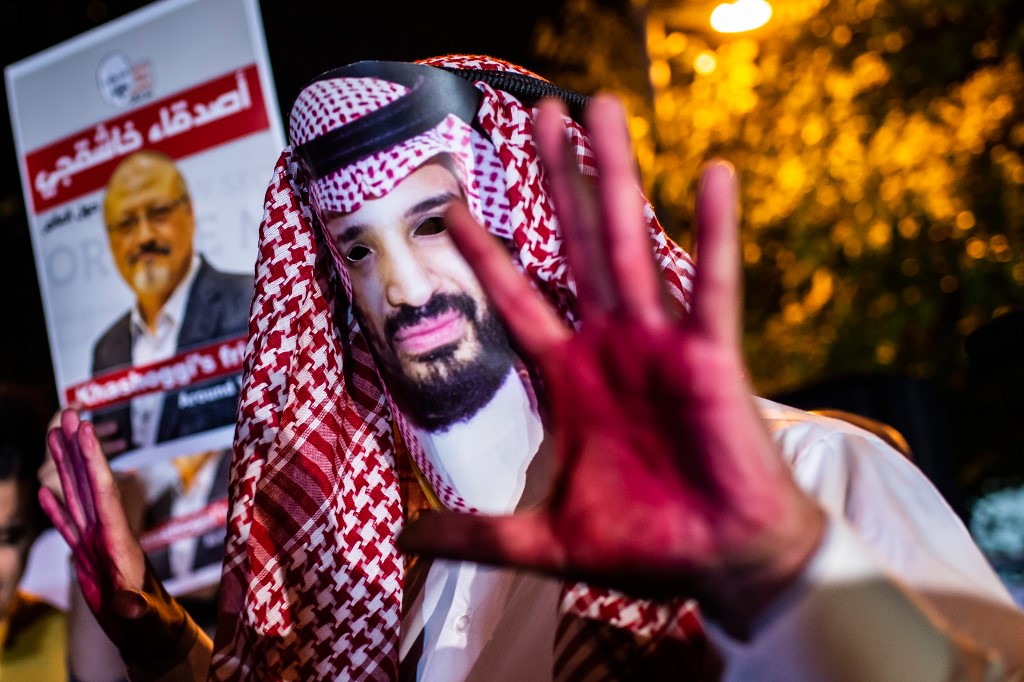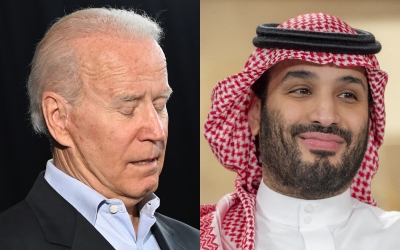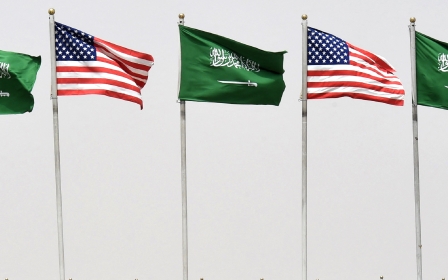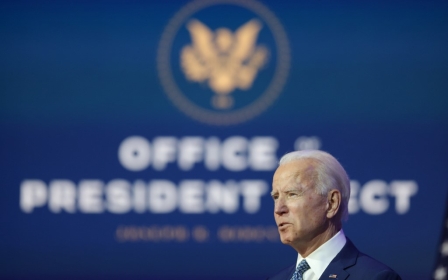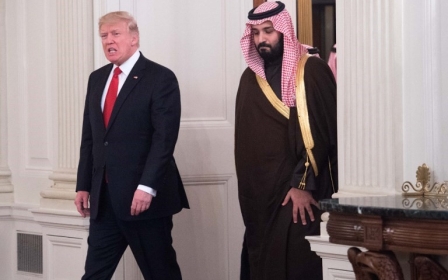Saudi Arabia: Israel normalisation is Biden's prize for meeting MBS
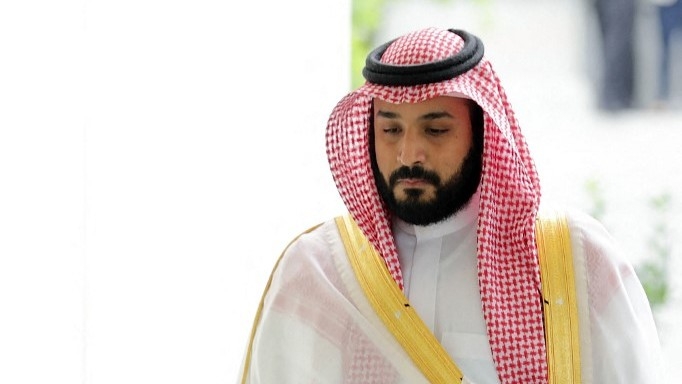
Saudi Arabia is using normalisation with Israel as a bargaining chip to regain its privileged position in Washington. With the war in Ukraine and rising global energy prices, Crown Prince Mohammed bin Salman is engaged in negotiations from a position of economic strength, but political and military weakness.
Recent news about serious, secretive high-level talks with Israeli officials suggests it is only a matter of time before Saudi Arabia officially announces the success of these discussions, possibly during the expected visit of US President Joe Biden to Riyadh in the coming weeks.
To secure bin Salman's position as king, resolve Saudi military insecurities and ensure abundant supplies of oil, Biden must make quick decisions
Saudi Arabia has a great deal of economic leverage in this situation. Amid fuel shortages and rising oil prices, the crown prince is capitalising on Saudi Arabia’s much-needed oil resources. Previous US requests to increase oil production and compensate for the loss of Russian oil went unheeded in Riyadh. But the crown prince recently accepted the pleas and pumped more oil - with no signs that this has eased global energy shortages.
Bin Salman knows that oil can be used as a weapon to put pressure on the Biden administration to rehabilitate his own image and reverse the policy of selective engagement, without giving him full recognition in Washington.
Indeed, it seems that oil has succeeded in lubricating the difficult and troubled turns in the Riyadh-Washington relationship. Biden knows that Saudi Arabia is the key to winning the war against Russia. In return for pumping more oil, the crown prince will be rewarded with a visit by the US president. But Biden doesn’t want to lose face completely and appear defeated in the face of a ruthless autocrat. He must return to Washington with a historic announcement.
New MEE newsletter: Jerusalem Dispatch
Sign up to get the latest insights and analysis on Israel-Palestine, alongside Turkey Unpacked and other MEE newsletters
Stream of propaganda
Saudi Arabia’s normalisation with Israel can be the prize to appease critical US voices that have pressured Biden to boycott the crown prince as punishment for his many reckless policies and abuse of human rights, including the war on Yemen and the authorisation of the killing of journalist Jamal Khashoggi.
Israel is no doubt helping to rehabilitate the crown prince’s image, as its far-right think tanks and lobbies in Washington have increased their propaganda with a view to improving bin Salman’s image. It is ironic that Israel is now Saudi Arabia’s greatest propagandist in Washington.
Bin Salman never misses an opportunity to remind his domestic and international audiences that he does not object to normalisation, with the caveat that this should not undermine the rights of Palestinians. On a recent visit to Washington, the crown prince’s brother, Khalid, privately cited a dubious opinion poll to claim that Saudis under 30 were increasingly in favour of normalisation, thus casting legitimacy on a pre-determined decision to go ahead with recognising Israel.
In reality, it is impossible to independently assess Saudi public opinion on the matter, given the level of repression faced by those who transgress or criticise bin Salman’s policies.
At the same time, while the crown prince goes into negotiations from a strong economic position, he remains politically weak. Bin Salman wants Biden to pledge support for his bid to become king when his father dies. The uncertainty of his future position can only be overcome if the US fully and openly endorses his leadership.
In this regard, Biden’s visit to Riyadh may be a crucial symbolic gesture; in return for more oil, the crown prince wants Biden to end speculation over his own future among a divided royal family.
Dangerous bargain
Militarily, the crown prince also remains very weak without the US, which has historically responded to Saudi Arabia’s military vulnerabilities with ad hoc support, rather than a long-term security pact. Exporting arms to Saudi Arabia has always been dependent on the goodwill of Congress, rather than on the US president alone.
During the 1990 Gulf War and more recently the Yemen war, US support has been on-demand, without a binding security agreement with Riyadh. Washington’s recent failure to respond when Saudi oil installations were hit by Iranian-backed Houthi missiles must have worried the crown prince. He now wants a US pledge to guarantee the country’s security against all foreign threats.
A security agreement with Washington will be the prize expected from a reluctant US president. The crown prince would offer full normalisation with Israel, and in return, he would expect Washington to commit its military resources to defend Saudi Arabia. Bin Salman may want Biden to nominate Saudi Arabia as a major non-Nato ally, as it has already done for Qatar, giving it preferential access to US military equipment and technology.
Saudi normalisation with Israel is certainly a delicate issue. To secure bin Salman’s position as king, resolve Saudi military insecurities and ensure abundant supplies of oil, Biden must make quick decisions. It remains to be seen whether he will accept the aforementioned bargain - more oil in return for important political and military concessions - after Biden previously snubbed the crown prince and promised to make him persona non grata in Washington.
One important variable is lost in this difficult equation: namely, long-lasting peace between Israel and the Palestinians, who continue to exert grassroots pressure on Israel while paying a high price in human lives lost under occupation. Neither Israelis nor Palestinians will be more secure after bin Salman normalises with Israel.
The views expressed in this article belong to the author and do not necessarily reflect the editorial policy of Middle East Eye.
This article is available in French on Middle East Eye French edition.
Middle East Eye delivers independent and unrivalled coverage and analysis of the Middle East, North Africa and beyond. To learn more about republishing this content and the associated fees, please fill out this form. More about MEE can be found here.



